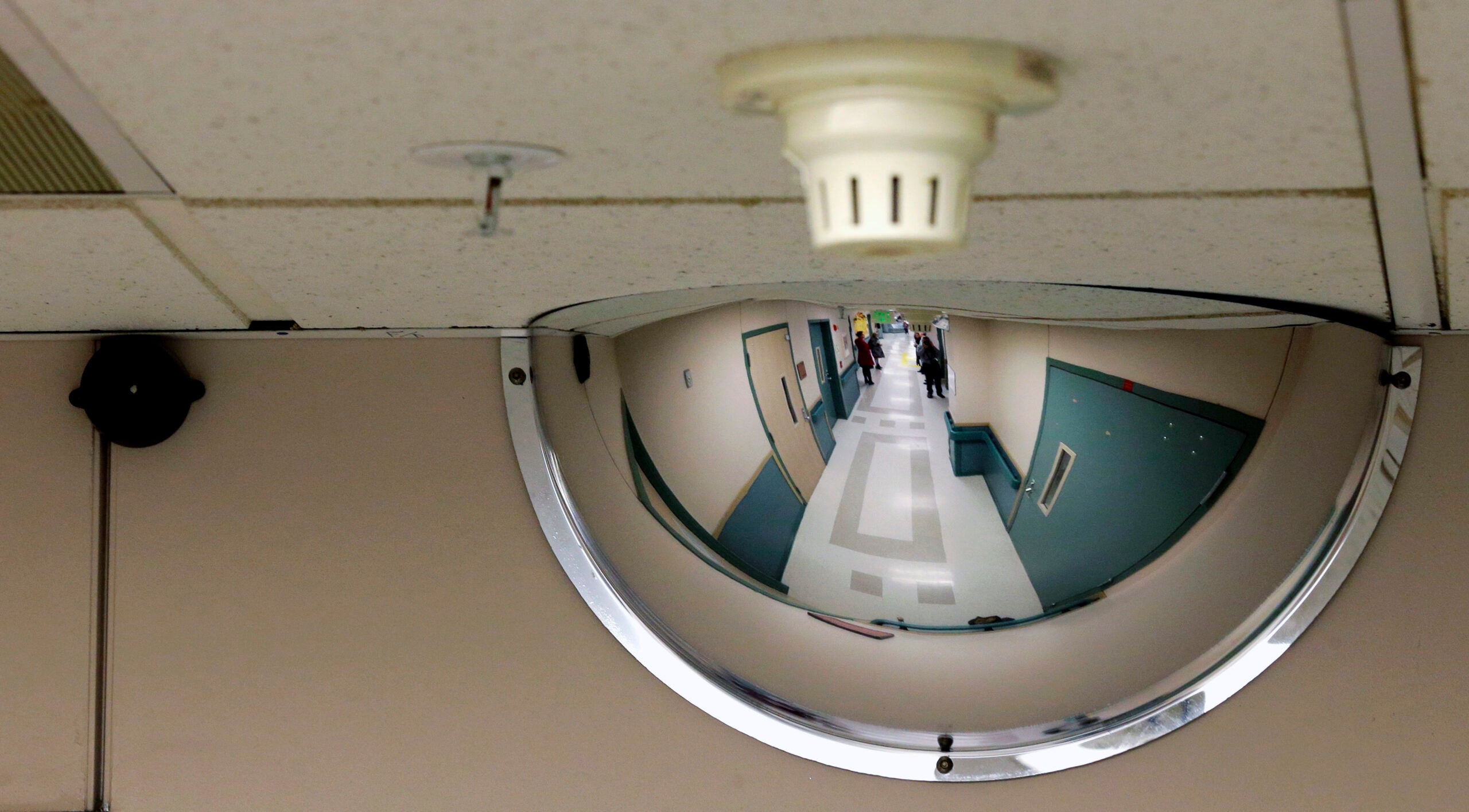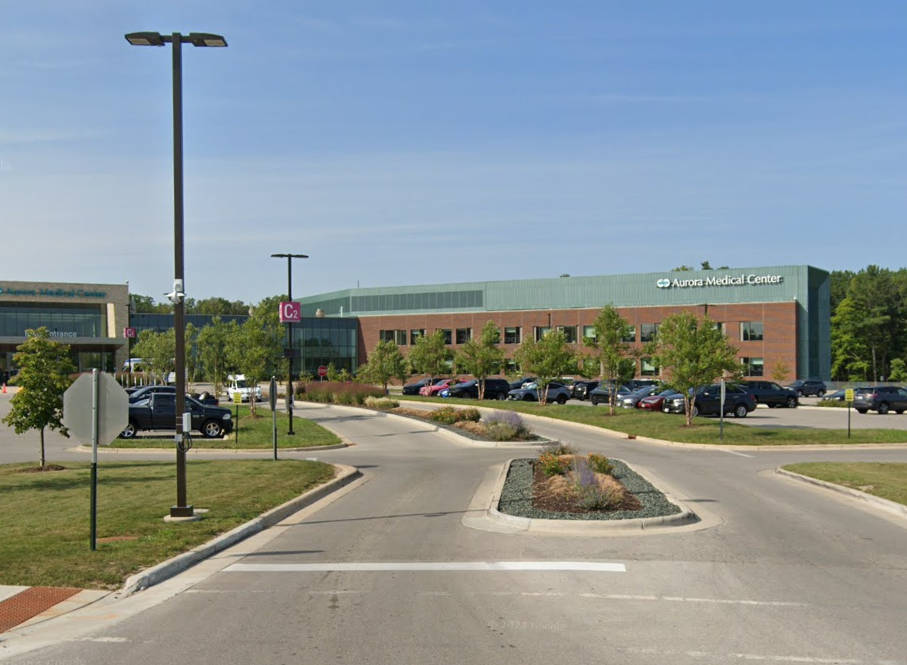The demand for mental health professionals is outstripping the supply, especially when it comes to psychiatrists. And when patients have nowhere else to go, they often end up in hospital emergency rooms.
“Wisconsin has had at least one recent episode where all of the psychiatric beds in the state were full and patients were being boarded in the ER. Boarding in the ER has become an increasing problem for our state,” said Dr. Justin Schoen, who oversees mental health services at Marshfield Clinic Health System and is also the president of the Wisconsin Psychiatric Association.
The overflow of mental health patients into emergency rooms is an issue that expands beyond Wisconsin.
News with a little more humanity
WPR’s “Wisconsin Today” newsletter keeps you connected to the state you love without feeling overwhelmed. No paywall. No agenda. No corporate filter.
“Patients needing inpatient treatment end up bouncing from group homes to acute-care settings, like the emergency department or, worse, end up in jail,” Dr. Anne Zink, an emergency physician in Palmer, Alaska, wrote in an opinion piece for STAT news.
Police often are the first to intervene when someone is experiencing a mental health crisis. Law enforcement in Dane County have long sought a closer location to take those having a mental health crises. But the closest hospital is Winnebago Mental Health Institute in Oshkosh, a roughly two-hour drive from Madison.
In southern Wisconsin, plans are underway to add private inpatient beds closer to the state’s capitol city.
This spring, Middleton officials approved plans for a 72-bed psychiatric hospital operated by Miramont Behavioral Health (formerly Strategic Behavioral Health). Originally expected to open next year, the facility won’t be ready until 2020. City of Middleton Administrator Mike Davis said the agreement was amended last month to push back construction because of flooding concerns.
In a brief released Thursday, the Wisconsin Policy Forum said more than three-quarters of the state’s counties have a significant shortage of psychiatrists. Twenty of Wisconsin’s 72 counties have no practicing psychiatrists and some counties are sharing the ones they do have on staff.
More than half the adults who need mental health treatment aren’t getting it, according to a 2017 Wisconsin Department of Health Serivces report.
The percentage is even higher — at 78 percent — when it comes to those who can’t access addiction treatment.
Chart courtesy of the Wisconsin Department of Health Services
David and Tammy Meissner of Marshfield lost their 32-year-old son Jeremy to suicide three years ago.
Unable to find inpatient treatment for Jeremy’s drinking, his parents took him to facilities in Minnesota and California that could treat his addiction and mental health issues.
“Most people that become alcoholics have underlying issues that they can’t deal with and we never really get to the bottom of what’s bothering them,” David Meissner, 56, said. “They’re depressed because they can’t stop drinking and one thing compounds on the other.”
Tammy and David Meissner, in front of Jeremy’s KidZone, a new youth center at the Marshfield Clinic Health System YMCA. Photo courtesy of Tammy Meissner
David Meissner said his son had been in and out of treatment for six years at four different inpatient facilities around the country. But when Jeremy was released, the nearby Marshfield clinic didn’t offer inpatient treatment and the clinic’s psychiatrists were all booked.
“We struggled through it and we didn’t know where to turn to next,” he said.
“It’s not only not knowing where to turn,” David Meissner added, “but having the financial resources to pay for it. You can say it’s in the insurance (because of mental health parity laws) but that’s not always the case.”
Jeremy’s story of addiction is not uncommon.
He was injured on the farm, had back surgery and took pain pills. When they were gone, his father said Jeremy self-medicated with alcohol.
Now, David Meissner is working with the Marshfield clinic to increase the number of psychiatrists.
The Wisconsin Policy Forum brief notes several initiatives to do that at the state level. There’s loan and grant assistance to draw psychiatrists to underserved areas. The Medical College of Wisconsin opened two new psychiatry residency programs in the northeastern and central part of the state.
“One of the things we do know is that psychiatry residents do tend to stay closer to where they did their training,” said Dr. Schoen.
The brief says policymakers may want to consider expanded use of telemedicine to reach more people.
Schoen said that’s a viable option but one of the downsides is it still requires an appointment to see a mental health doctor.
“Given the dramatic shortage of providers that there are, we actually wouldn’t have enough providers to meet the appointment demands even if we were have telehealth services with all the providers throughout the country,” said Schoen.
He said more integration of behavioral and physical health could help. And that primary care doctors could help patients find the mental health resources they need.
Wisconsin Public Radio, © Copyright 2026, Board of Regents of the University of Wisconsin System and Wisconsin Educational Communications Board.





